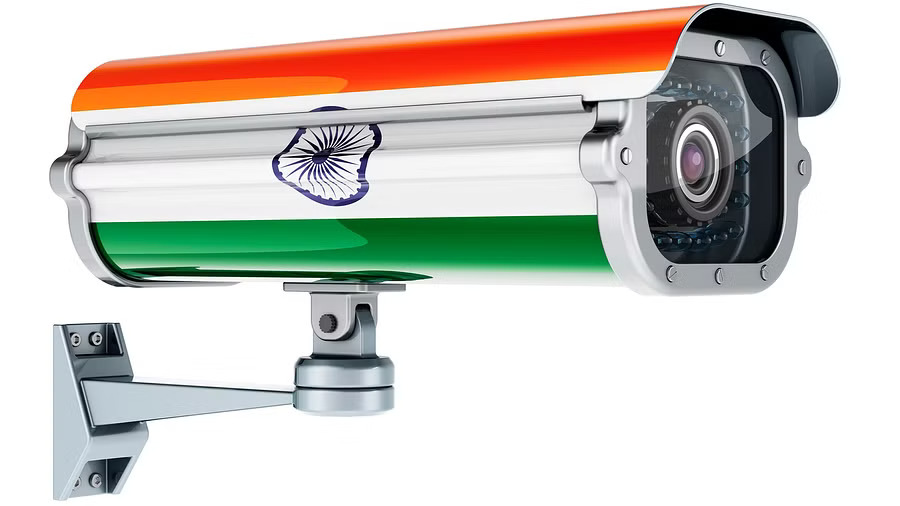Reasons Governments Turn to Surveillance of Citizens:
National Security: One of the primary reasons governments cite for surveillance is national security. To protect the country from threats such as terrorism, espionage, and cyberattacks, governments may employ surveillance to monitor and preempt potential threats. Surveillance tools can be used to gather intelligence on individuals or groups suspected of posing a danger to the state.
Law Enforcement and Crime Prevention: Governments use surveillance as a tool for law enforcement and crime prevention. Surveillance cameras, wiretaps, and data monitoring can aid in solving crimes, tracking criminal networks, and maintaining law and order in society.
Public Safety: Surveillance can contribute to public safety by monitoring activities in public spaces, transportation systems, and critical infrastructure. This can help detect and respond to emergencies, accidents, or disasters, ensuring the well-being of citizens.
Counterintelligence and Espionage: Governments engage in surveillance to protect their own interests from foreign intelligence agencies and espionage. Monitoring and countering espionage attempts are crucial for safeguarding state secrets and sensitive information.
Regulatory Compliance: Surveillance can be used to ensure that individuals and organizations comply with various regulations, including tax compliance, environmental regulations, and industry-specific standards.
Social and Political Control: In some cases, governments may misuse surveillance for social and political control. This can lead to concerns about the erosion of civil liberties, freedom of expression, and the potential for political persecution.
Data Gathering and Feedback: Governments may collect data on citizens to make informed policy decisions, allocate resources, and improve public services. This type of data gathering can help address societal challenges, but it also raises questions about data privacy and security.
Intelligence Gathering: Surveillance is an essential tool for intelligence agencies to collect information and assess threats both domestically and internationally. Intelligence agencies play a vital role in informing government policy and actions.
It’s important to note that while there are legitimate reasons for governments to engage in surveillance, there is a fine line between safeguarding national security and infringing upon the privacy and civil rights of citizens. Striking the right balance between these interests is a challenging and ongoing process, and debates surrounding surveillance practices and their oversight are crucial in democratic societies. Public discourse and transparency are essential to ensuring that surveillance is carried out responsibly and within the bounds of the law.
Sponsored
FACTS Transcripts
Apply for a University document anywhere
https://www.factstranscript.com
Quick Transcripts for popular Universities, check your University name now and get started. We help you to get your transcript application online which is accepted for use of IRCC.
No DD, NO Paperwork. 100% Authentic, Reliable.
FACTS Transcripts Charges · Reviews · Assam Universities · Home · Know your University










